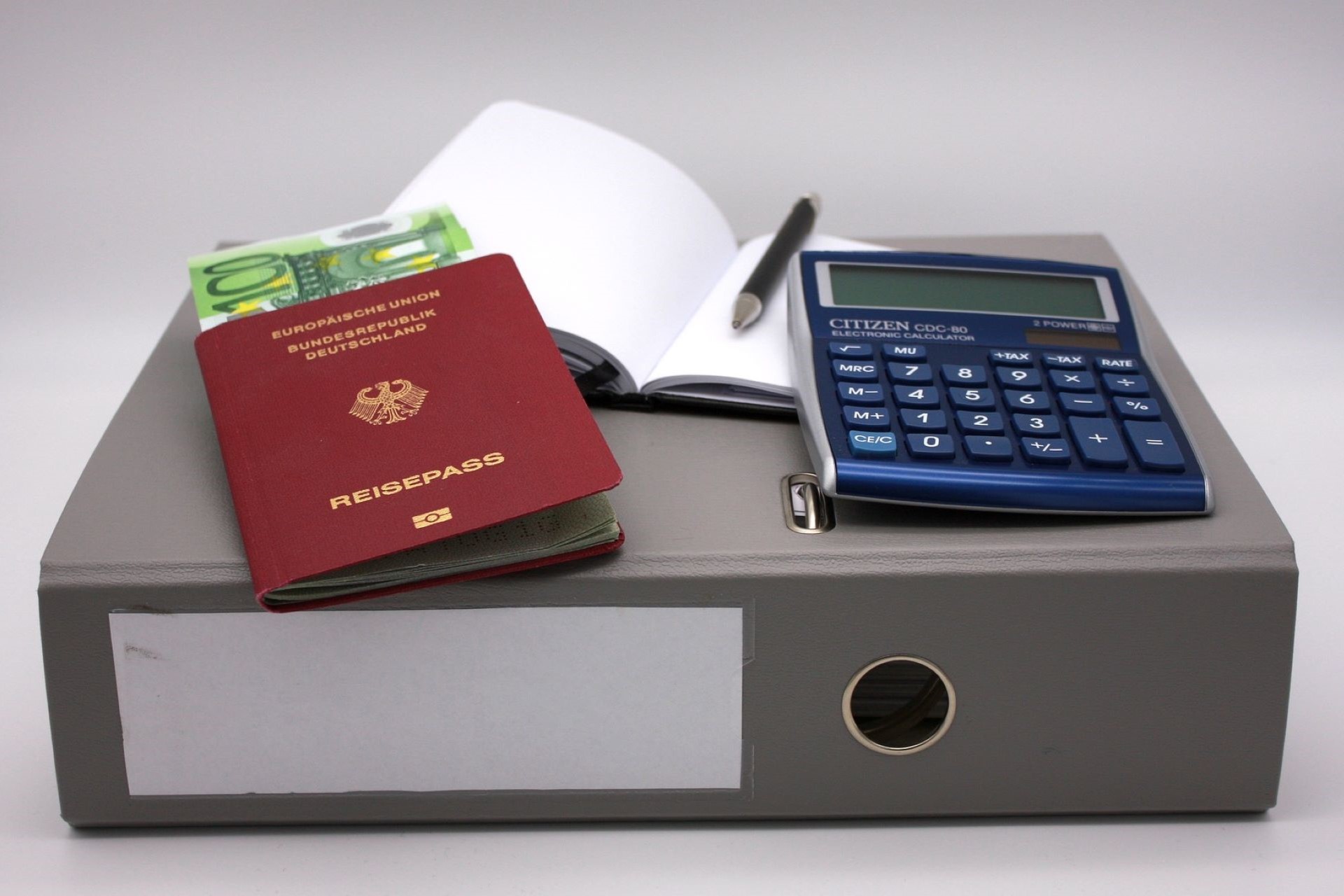Traveling the world doesn’t have to break the bank. With a little planning and some savvy tips, you can experience new cultures and explore breathtaking destinations without burning a hole in your wallet. This article unveils valuable strategies for budget travel, helping you stretch your dollar further and maximize your travel experiences.
Understanding Budgeting
Budgeting is the cornerstone of financial management, enabling individuals to take command of their finances and work toward their monetary aspirations. It serves as a roadmap for allocating resources judiciously, ensuring that income is utilized efficiently to meet both immediate needs and long-term objectives. By comprehensively assessing income sources and expenditures, individuals can gain clarity on their financial standing and make informed decisions about spending, saving, and investing.
Budgeting Basics
At its core, budgeting involves creating a detailed plan that outlines income streams and allocates funds to various expenses and savings goals. This process requires a thorough examination of both fixed costs, such as rent or mortgage payments, utilities, and insurance premiums, as well as variable expenses like groceries, transportation, and discretionary spending. By understanding the full spectrum of financial obligations and discretionary purchases, individuals can tailor their budgets to reflect their unique circumstances and priorities.
Financial Empowerment
Beyond mere financial management, budgeting empowers individuals to take control of their financial destiny. By proactively managing income and expenses, individuals can identify areas for improvement, implement cost-saving measures, and work toward long-term financial stability. Moreover, budgeting fosters a sense of accountability and discipline, encouraging individuals to make intentional choices about how they allocate their resources and pursue their financial goals.
Tips for Effective Budgeting
When it comes to effective budgeting, having a clear strategy and actionable steps can make all the difference. Here are some practical tips to help you maximize your budgeting efforts:
- Setting Financial Goals
- Identify your short-term and long-term financial objectives.
- Prioritize your goals based on urgency and importance.
- Set specific, measurable targets to track your progress.
- Tracking Expenses
- Keep a detailed record of all your expenses, including both fixed and variable costs.
- Use budgeting apps or spreadsheets to categorize and track your spending.
- Regularly review your expenses to identify areas where you can cut back or make adjustments.
- Creating a Realistic Budget
- Calculate your total monthly income from all sources.
- Determine your fixed expenses, such as rent/mortgage, utilities, and insurance.
- Allocate funds for variable expenses like groceries, transportation, and entertainment.
- Set aside a portion of your income for savings and debt repayment.
- Prioritizing Spending
- Differentiate between needs and wants to prioritize essential expenses.
- Allocate a larger portion of your budget to necessities like housing, food, and healthcare.
- Limit discretionary spending on non-essential items like dining out, entertainment, and impulse purchases.
- Building an Emergency Fund
- Aim to save at least three to six months’ worth of living expenses in an emergency fund.
- Start small by setting aside a portion of your income each month.
- Keep your emergency fund in a separate savings account that is easily accessible in case of unforeseen expenses or financial emergencies.
- Reviewing and Adjusting the Budget
- Regularly review your budget to track your progress towards your financial goals.
- Make adjustments as needed to accommodate changes in income, expenses, or financial priorities.
- Stay flexible and proactive in managing your budget to ensure its continued effectiveness.
Effective budgeting requires discipline, diligence, and a willingness to adapt to changing circumstances. By implementing these tips and strategies, you can take control of your finances and work towards a brighter financial future.
Budgeting Tools and Resources
| Tool/Resource | Description | Benefits |
| Personal Finance Apps | Mobile applications designed to help individuals track expenses, set budgets, and manage their finances on the go. | Convenient and accessible anytime, anywhere. Automatic expense categorization. Insights into spending patterns |
| Budgeting Spreadsheets | Excel or Google Sheets templates specifically designed for budgeting purposes, allowing users to customize their budgeting approach. | Flexibility to tailor the budgeting process to individual preferences. Ability to create custom formulas and charts for detailed analysis |
| Online Resources | Websites, blogs, and online communities dedicated to providing budgeting tips, advice, and resources. | Access to a wealth of information and educational resources. Opportunities to connect with like-minded individuals for support and guidance |
Now, let’s delve into some of the most effective tools and resources available to assist you in your budgeting journey:
- Personal Finance Apps
- Explore popular personal finance apps such as Mint, YNAB (You Need a Budget), and PocketGuard.
- Take advantage of features such as expense tracking, budget categorization, bill reminders, and goal setting.
- Sync your bank accounts and credit cards to automatically import transactions and gain insights into your spending habits.
- Budgeting Spreadsheets
- Utilize pre-designed budgeting templates available in Excel or Google Sheets, or create your own customized spreadsheet.
- Organize your income and expenses into categories and subcategories to create a comprehensive overview of your finances.
- Use built-in formulas and functions to calculate totals, track savings goals, and analyze spending trends over time.
- Online Resources
- Browse websites and blogs dedicated to personal finance and budgeting, such as The Balance, NerdWallet, and Dave Ramsey.
- Take advantage of free budgeting tools and calculators available online to assess your financial situation and develop a personalized budgeting plan.
- Join online communities and forums where you can interact with other individuals seeking advice, support, and encouragement on their budgeting journey.
By leveraging these tools and resources, you can streamline the budgeting process, gain valuable insights into your financial habits, and take proactive steps towards achieving your financial goals.
Overcoming Budgeting Challenges
Budgeting can be a challenging endeavor, but with the right approach, you can overcome common obstacles and stay on track with your financial goals. Here are some strategies to help you tackle budgeting challenges effectively:
- Dealing with Unexpected Expenses
- Build a contingency fund specifically designated for unexpected expenses, such as car repairs or medical emergencies.
- Prioritize saving for an emergency fund to cushion the impact of unforeseen financial setbacks.
- Consider budgeting for irregular expenses by setting aside a portion of your income each month to cover anticipated but irregular costs.
- Avoiding Impulse Purchases
- Implement a “waiting period” before making non-essential purchases to curb impulse buying.
- Create a list of planned purchases and stick to it when shopping, avoiding unnecessary temptation.
- Practice mindful spending by evaluating whether a purchase aligns with your long-term financial goals before making it.
- Staying Motivated
- Set achievable milestones and celebrate your progress along the way to stay motivated.
- Visualize your financial goals and remind yourself of the benefits of sticking to your budget.
- Surround yourself with a supportive community of friends or family members who can provide encouragement and accountability.
By proactively addressing these common budgeting challenges, you can develop resilience and determination to stay on course with your financial plan. Remember that setbacks are a natural part of the budgeting process, and with perseverance and dedication, you can overcome obstacles and achieve financial success.




